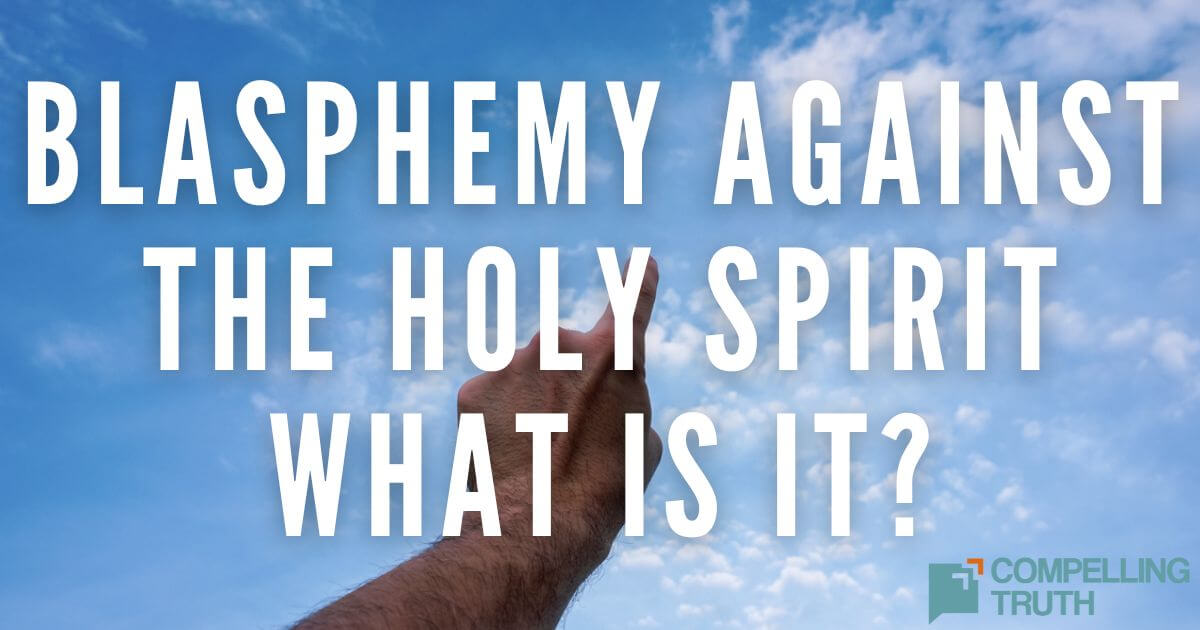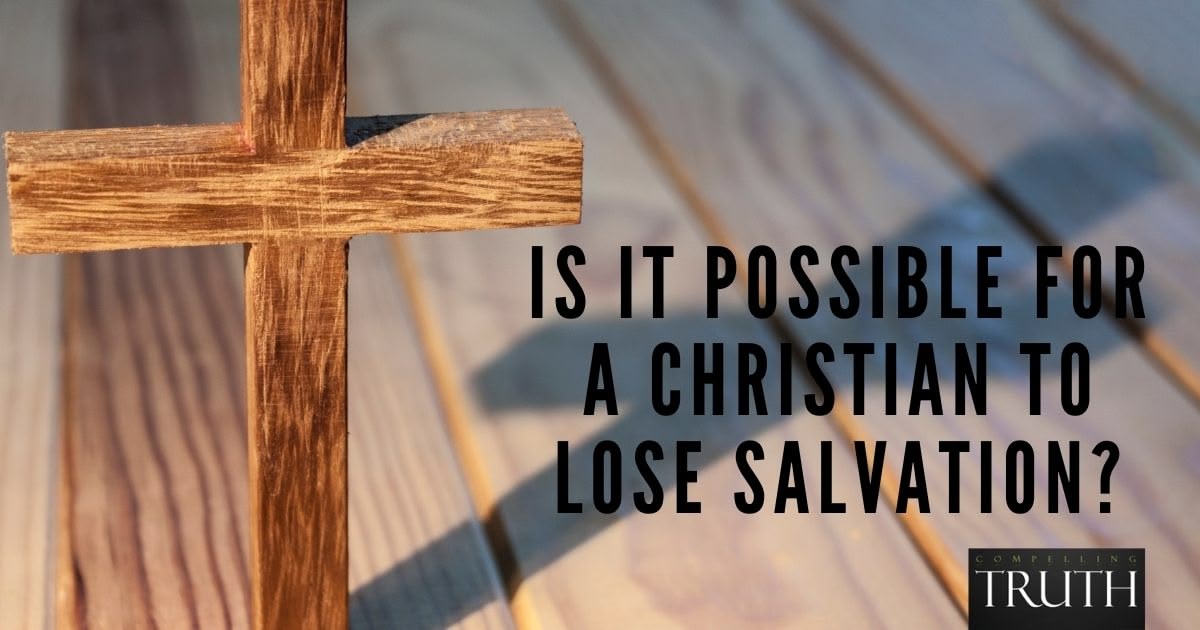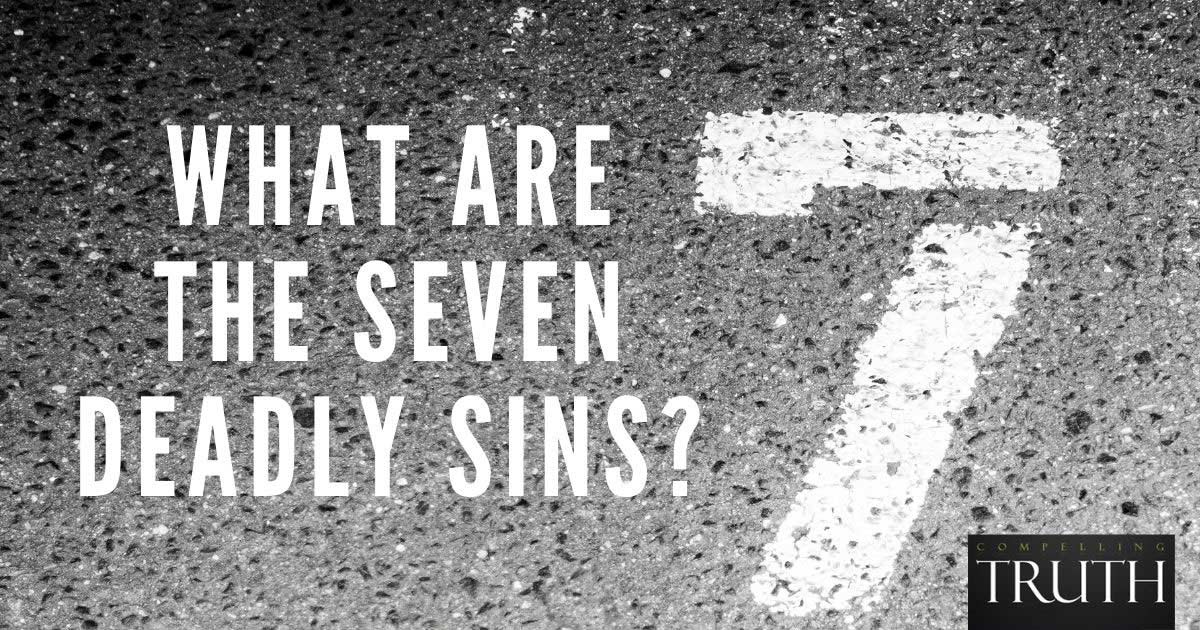The Bible teaches that the unpardonable sin is blasphemy against the Holy Spirit, which Jesus described as attributing His Spirit-empowered works to Satan (Matthew 12:31–32; Mark 3:29–30). This sin was unique to those who directly witnessed Jesus’ miracles and still rejected Him, such as the Pharisees. Today, we cannot commit this sin in the same way, though there is one sin God will not forgive: unbelief. We can die in an unpardonable state by rejecting Christ and His gift of salvation (Romans 6:23; Hebrews 9:27). Many people wrongly fear they have committed the unpardonable sin, but Scripture assures us that no sin is beyond forgiveness if we repent and trust in Christ (1 John 1:9).
This passage about the unpardonable sin has caused many people a great amount of confusion. Some brazenly speak against the Holy Spirit as an act of rebellion against God, believing this will keep them out of heaven forever. Others are fearful that, in a moment of weakness or ignorance, they ruined all chances of reconciliation with God. This isn't what blasphemy against the Holy Spirit means.
We who live after the time of Christ cannot blaspheme the Holy Spirit in the way Jesus' contemporaries could. Jesus was referring to people who directly saw the miracles He performed and then asserted His power and mission were from Satan. They attributed the works and will of the Holy Spirit in Jesus' ministry to Satan—in a circumstance that made it absolutely clear that it was the Holy Spirit at work. This is unpardonable. The people (in this case, the Pharisees) who verbally expressed their belief that Jesus was working for Satan were publicly rejecting the Holy Spirit.
While we are living, there is no sin we can commit, no action we can perform, and no phrase we can utter that is unpardonable. Attributing the works of Christ to Satan is not unpardonable for us because we were not there in Jesus' presence, faced with incontrovertible proof. Suicide is not unpardonable—our salvation is based on the Holy Spirit in us, not the method of our death. It is not even unpardonable to live a life of violence, rejecting Christ at every step. "If we confess our sins, he is faithful and just to forgive us our sins and to cleanse us from all unrighteousness" (1 John 1:9). There is nothing God will not forgive if we ask Him to.
There is a danger in not understanding the unpardonable sin. Not just for the fools who think they can utter a phrase and thwart the power of God, but for the seeking who fear they have lost their chance of salvation. In both cases, it's important to remember that God is bigger than any sin we can commit. We cannot commit the unpardonable sin. The true danger lies not in accidentally committing an unforgivable act but in willfully refusing the salvation God offers.




